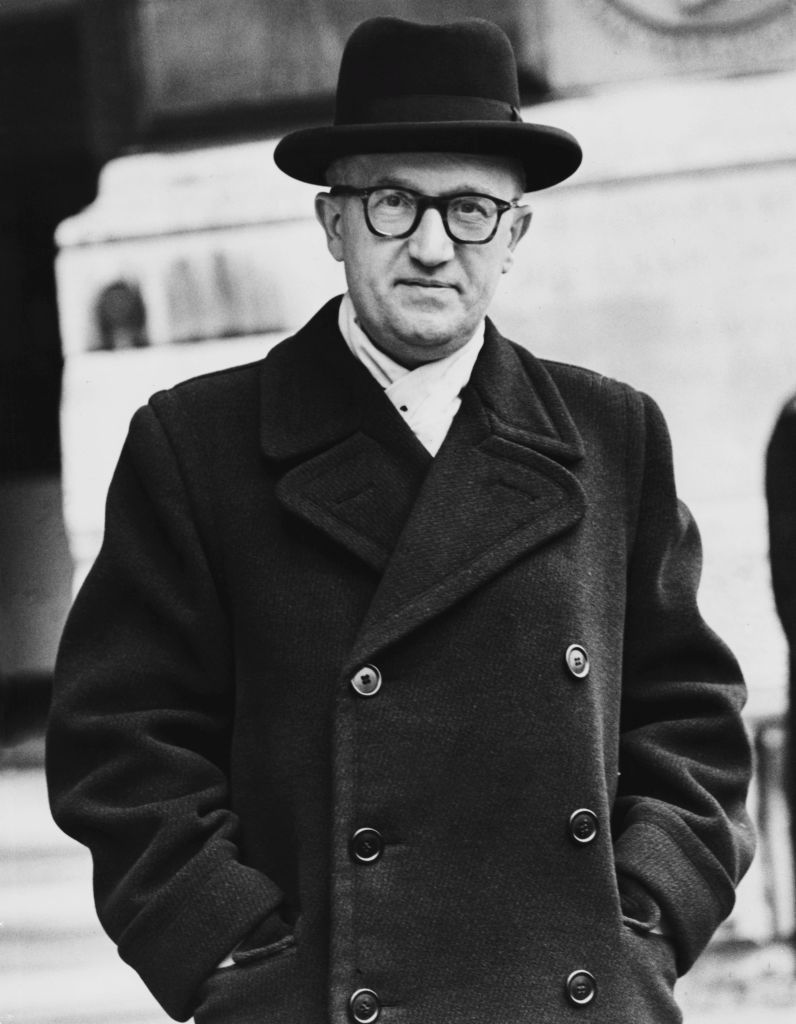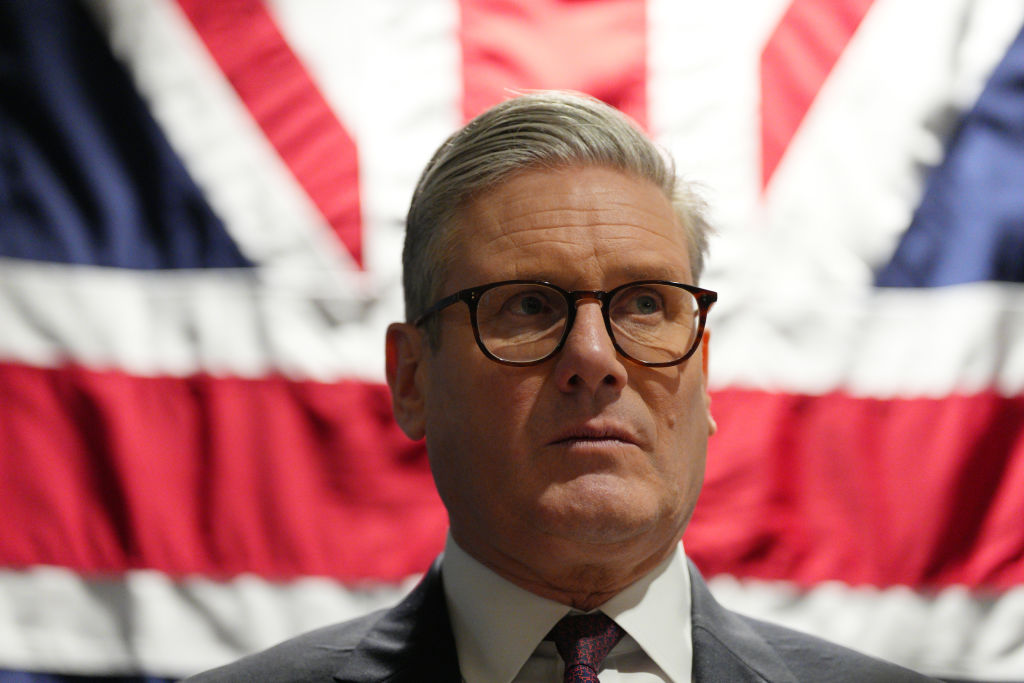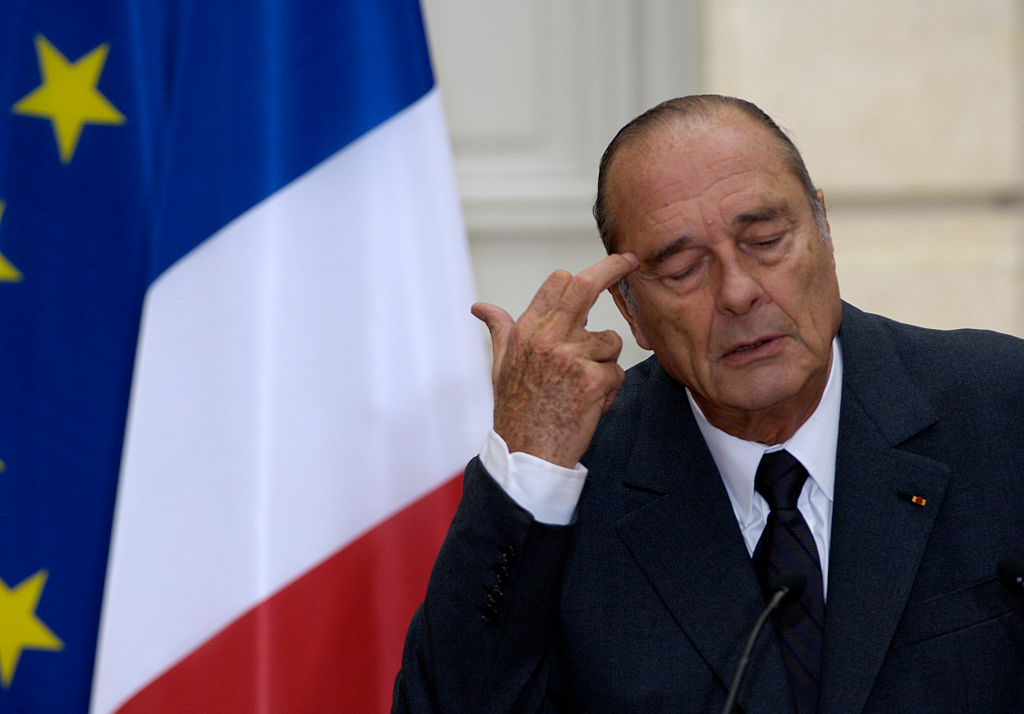Europe pays regular obeisance to remembering “the lessons of the past.” Meaning of course the enormity of the Nazi years, which serves both to discipline the political ambitions of an economically dominant Germany and obscure the lesser crimes against humanity committed by her EU partners. Atrocities in the Belgian Congo, French Indochina or Spanish Peru can be safely hidden in the dark shadow of Auschwitz, and so Europe is happy to concede to the Germans the role of star pupil in recalling its particular lessons of the past. In the latest iteration of this ritual, incoming Chancellor Friedrich Merz maintained the firewall against the AfD, regarded by him and all respectable Germans as Russian proxies, a danger to constitutional government, and a likely reincarnation of fascism.
While Merz has succeeded in blocking the AfD from government, it has come at the cost of his governing capacity. The Social Democrats, who slumped to their lowest showing ever, have nonetheless claimed key ministries and wrestled major concessions out of Merz’s Christian Democrats. The debt brake is now largely defunct, with any spending permitted as long as it fits under the elastic categories of defence, infrastructure or “green” investment. Promises to limit asylum seekers and deport criminal migrants have been similarly diluted and will no doubt be mired in contentious coalition and legal squabbles throughout Merz’s time in office. The demise of the debt brake has damaged Merz’s standing with traditional conservatives while the neutering of his promises to deal with migration have bolstered the fortunes of the dreaded populists. Merz begins his term with the lowest approval ratings ever seen by a new Chancellor. The EU is in dire need of an ambitious and effective government in Berlin, yet this coalition of the incapable is unlikely to deliver it. The EU cannot expect Eurobonds, a true banking union, or a major treaty reform out of this tentative government.
Is the continued exclusion of the AfD from power worth it? Or has the long shadow of the Hitler years obscured other lessons from German history that might better inform the current moment? The cordon sanitaire imposed on the AfD recalls less the struggle to contain the Nazis prior to their takeover in 1932 than it does the efforts by Otto von Bismarck to exclude socialists from the nineteenth century politics of the German Empire. The Iron Chancellor and polite German society regarded Social Democrats as traitors to the Fatherland, the tribunes of foreign interests, and a threat to constitutional government. The German state employed legal prohibitions, state surveillance, and bans on employment to control the burgeoning socialist movement, which threatened to unite the German working class against the interests of industrial magnates and landed aristocrats. Bismarck’s campaign only ramified the socialist movement, compelling it to create durable social structures that spread its popular appeal. His firewall confirmed working class suspicions of an elite conspiracy against their interests, and united them in support of a movement labouring under formal censure. Just twenty-two years after the lapse of the ban in 1890, the Social Democrats became the largest party in the Reichstag. Bismarck’s legal firewall turned out to be political fuel.
What conclusions might AfD supporters draw from this prior attempt by the German state to crush a popular political movement? Most likely, that political elites in Berlin still regard populist expressions of legitimate political concerns to be near-treasonous threats to their power, and they will use legal prohibitions, state surveillance and employment bans to retain their grip on it. Prominent Social Democrats have proposed an outright ban on the AfD, the federal Verfassungsschutz (domestic intelligence services) has placed the party under surveillance, and police officers have been banned from membership in the AfD. None of these moves have decreased support for the party, which is now polling ahead of the Christian Democrats and every other party in Germany. This open conspiracy against the AfD has turned the inchoate grievances long nursed in the east into a powerful party organization. The AfD is now the dominant social-political nexus for voters across Eastern Germany, which is now an impregnable redoubt for the party. One has only to compare the energy and enthusiasm at the beer and bratwurst evenings sponsored by the AfD to the tepid events hosted by the CDU or SPD to gain a sense of the party’s deepening roots in the East.
Would cooperation with the AfD bode a return to the Brownshirts? Populist parties have been integrated into governments in Sweden, Finland and the Netherlands without any of these states collapsing into fascism. On the contrary, each of these countries have implemented the stricter migration policies advocated by their populist parties, while the discipline of governing has caused these parties to adopt more agreeable attitudes on other issues, notably toward cooperation with the EU. The populists proved to be no threat to democracy, but showed that democratic elections can change state policies. Had Merz struck a coalition deal with the AfD, he would not only have a bigger governing majority in the Bundestag, he would have a strong mandate to deal forcefully with the migration issue, and could trade strict measures there for concessions elsewhere, like any number of issues in Brussels awaiting German engagement. As it stands, he will head a wobbly coalition united on no major position other than a need to keep power away from the AfD. Germany and the EU await decisive action from Berlin; Merz offers the world his firewall. Historical precedent suggests that Merz may one day see his Christian Democrats negotiating terms as junior partner to the AfD.





A friendly letter from the American heartland to our European allies